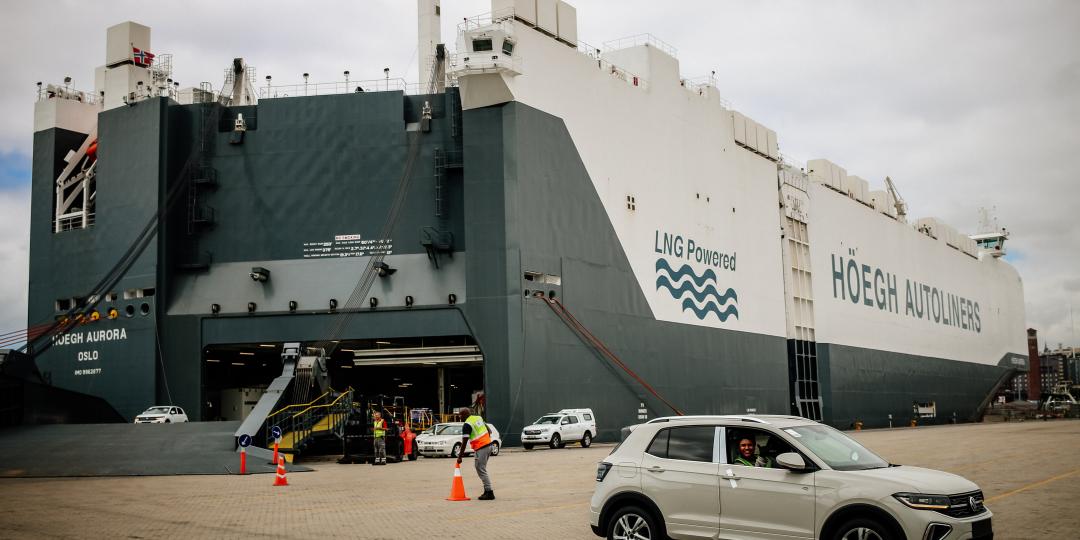On Thursday afternoon, as South Africa prepared for President Cyril Ramaphosa's State of the Nation Address, executives from the automotive industry reiterated their appeal for government intervention against uncompetitive imports from China.
Industry executives claim that unless local manufacturing interests are protected against rising imports from the ANC government’s main trading partner, domestic production and economic growth will be compromised, ultimately resulting in job losses from plant closures.
Toyota has warned that accepting subsidised Chinese imports could further de-industrialise South Africa.
The automotive industry is a significant employer in South Africa and concerns exist that if automotive plants are forced to close due to competition from Chinese imports, it would result in substantial job losses.
Currently, the automotive industry contributes 4.9% to the country’s GDP in 2020, a drop from 6.4% in 2019.
The industry's growth strategies focus on integration into the global automotive environment through foreign direct investment and trade.
However, there is real concern that Chinese companies operating in South Africa are engaging in practices that harm local firms. Competition, particularly in manufacturing, has raised concerns about the long-term growth and viability of South African enterprises.
Despite its impact on local manufacturing, imports from China have increased, reflecting the country’s influence and cost competitiveness in the global automotive environment.
A significant trade deficit exists between South Africa and China, with South Africa exporting raw materials and importing manufactured goods.
But China has invested significantly in South Africa’s economy; R200 billion in 2022 and increasing, with over 88 Chinese companies investing in various sectors, including manufacturing and automotive.
The Department of Trade, Industry and Competition has developed the South African Automotive Masterplan (SAAM) 2021-2035, which aims to increase South African vehicle production to 1% of global output by 2035 and increase local content in South African assembled vehicles to 60%.
The South African government has introduced policies to incentivise battery electric vehicle (BEV) production.
Along with Toyota, the Volkswagen Group Africa has called for urgent government intervention to safeguard South Africa's automotive manufacturing industry.
Toyota has suggested legislation to ensure a fair market for all competitors, without adding more stringent import tariffs on subsidised products.
Emerging opportunities exist in the South African electric vehicle (EV) market for foreign companies and investors. South Africa has a well-developed automotive assembly industry that will need to transition towards manufacturing EVs.
Some reports suggest that South Africa could become a hub for Chinese car production, with three Chinese brands considering vehicle production in South Africa.
Auto execs call for government intervention against Chinese imports
07 Feb 2025 - by Staff reporter

0 Comments
Border Beat
Featured Jobs
New












